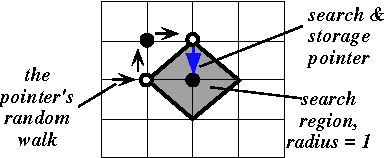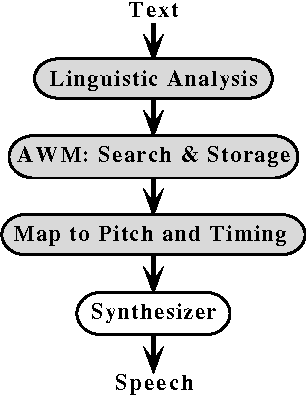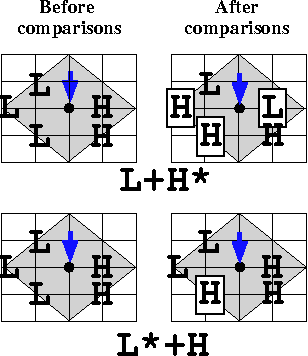Janet E. Cahn
A Computational Memory and Processing Model for Processing
Apr 24, 1999



Abstract:This paper links prosody to the information in a text and how it is processed by the speaker. It describes the operation and output of LOQ, a text-to-speech implementation that includes a model of limited attention and working memory. Attentional limitations are key. Varying the attentional parameter in the simulations varies in turn what counts as given and new in a text, and therefore, the intonational contours with which it is uttered. Currently, the system produces prosody in three different styles: child-like, adult expressive, and knowledgeable. This prosody also exhibits differences within each style -- no two simulations are alike. The limited resource approach captures some of the stylistic and individual variety found in natural prosody.
Improvising Linguistic Style: Social and Affective Bases for Agent Personality
Feb 26, 1997



Abstract:This paper introduces Linguistic Style Improvisation, a theory and set of algorithms for improvisation of spoken utterances by artificial agents, with applications to interactive story and dialogue systems. We argue that linguistic style is a key aspect of character, and show how speech act representations common in AI can provide abstract representations from which computer characters can improvise. We show that the mechanisms proposed introduce the possibility of socially oriented agents, meet the requirements that lifelike characters be believable, and satisfy particular criteria for improvisation proposed by Hayes-Roth.
* 10 pages, uses aaai.sty, lingmacros.sty, psfig.sty
 Add to Chrome
Add to Chrome Add to Firefox
Add to Firefox Add to Edge
Add to Edge